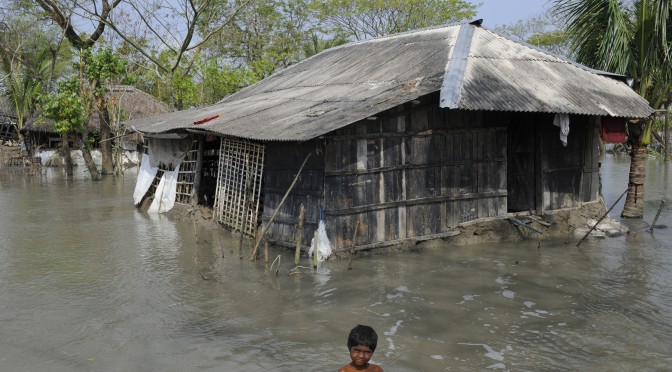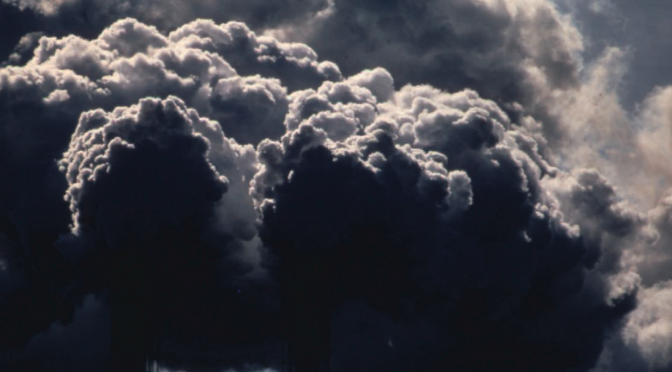For a while, it looked like we’d have to choose: labor or climate; jobs or the planet. But with unions like the CWA increasingly calling for action on climate change, some of these once-divergent interests appear to be coming into alignment. As Samantha Page wrote in an article in ThinkProgress last week:
The Climate and Community Protection Act passed the Democrat-led Assembly this week and is now at the Republican-controlled State Senate. NY Renew, a coalition which brought together labor, climate, and social justice groups, helped pass the measure. The bill sets a goal of 50 percent renewable electricity generation by 2030 and focuses on clean energy job creation, particularly in disadvantaged communities.
While unions have traditionally fought for workplace and economic improvements, climate change represents a serious threat to everyone, including union members, [CWA Political and Legislative Director Pete] Sikora said, so an alliance with green groups makes sense. Continue reading Labor and Climate Change: What Comes Next?

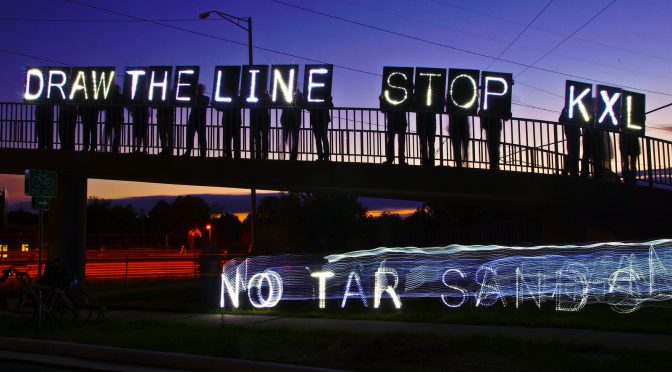
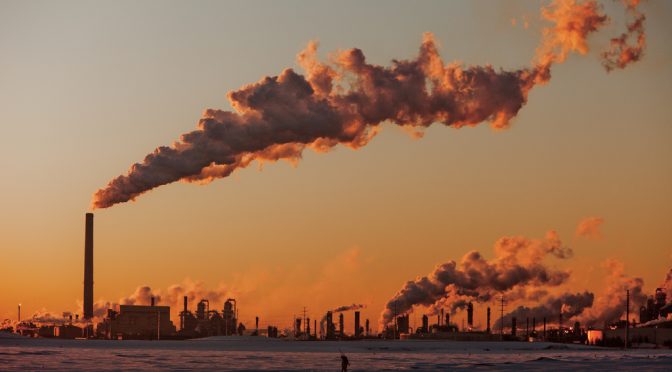
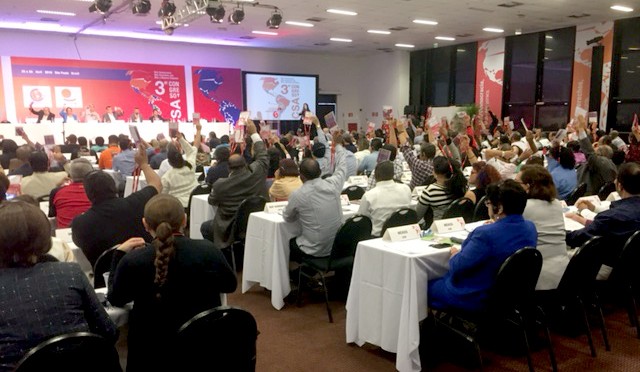
 More than 500 delegates representing unions in the Americas today adopted a ‘base document’ that included a call for governments in the hemisphere to issue a moratorium on fracking. Via the TUED-initiated
More than 500 delegates representing unions in the Americas today adopted a ‘base document’ that included a call for governments in the hemisphere to issue a moratorium on fracking. Via the TUED-initiated 